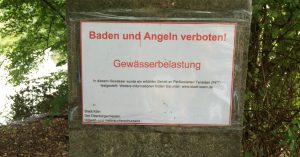
The PFAS ban in firefighting foam in the EU [2025]
Certain foam concentrates used to extinguish fires – especially AFFF – contain so called fluorosurfactants or PFAS. PFAS are harmful
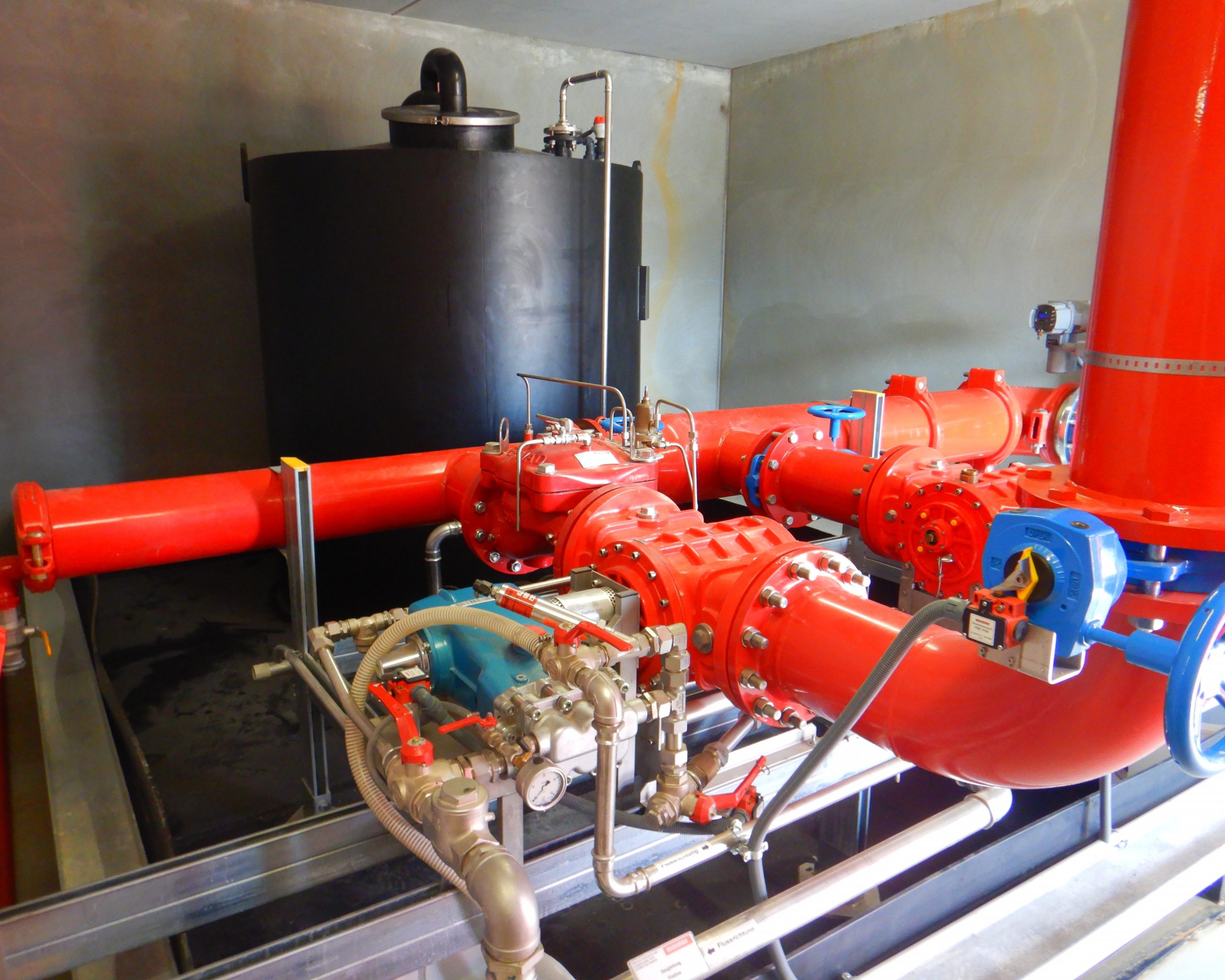
We take on the entire project management for the transition from PFAS-based AFFF to fluorine-free foam agents. From engineering and design to procurement and construction management of your project
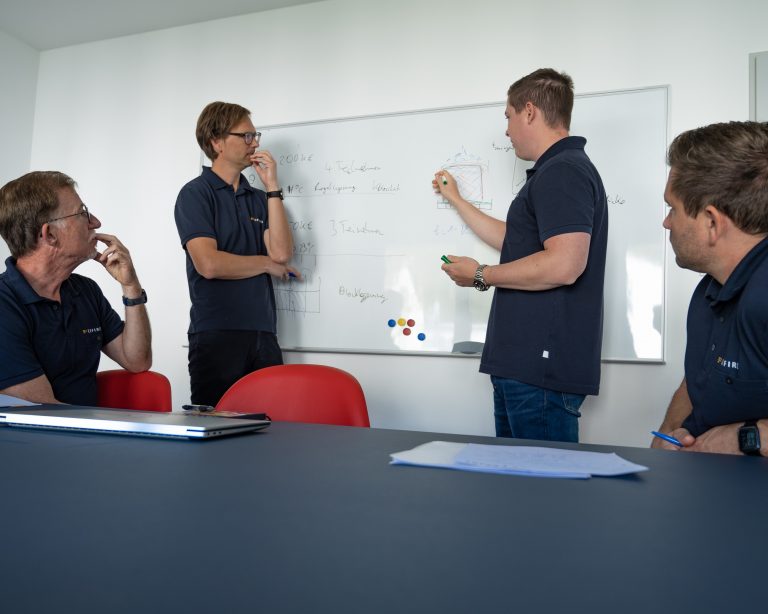
We are designing and engineering sprinkler systems, deluge systems and foam systems according to NFPA Standards, FM Data Sheets, VdS guidelines, and DIN EN 13565
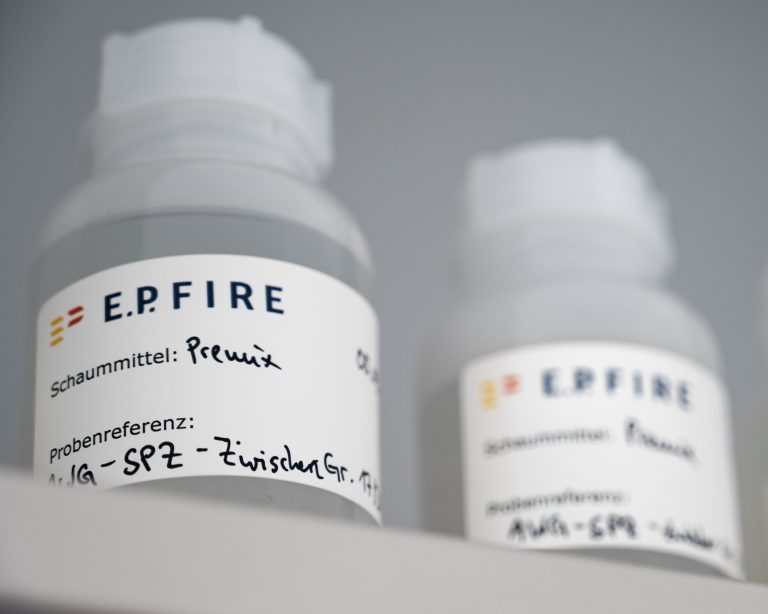
We take samples of foam concentrate and premix, have them analyzed for PFAS, and provide advice on current bans and the scope of cleaning
In this project, several companies are joining forces and financing fire tests to develop a protection concept for IBCs. Any company with corresponding risks can participate and will receive all results, but will only pay a portion of the costs.
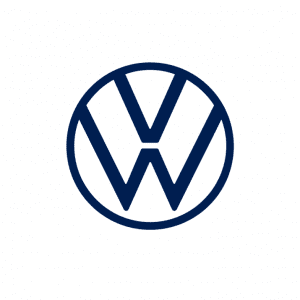
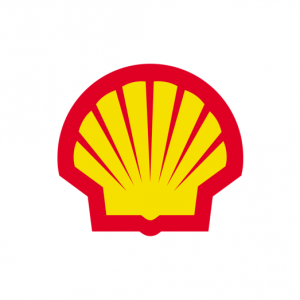
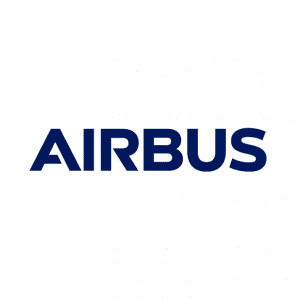
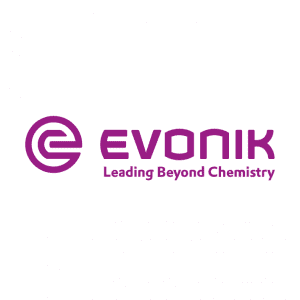
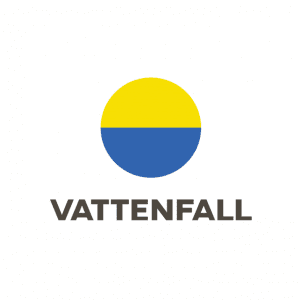
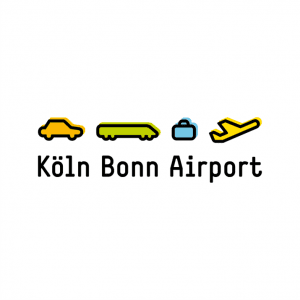
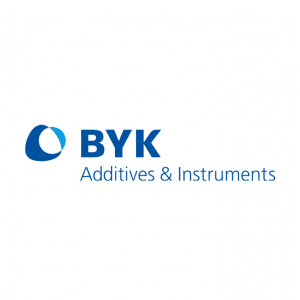
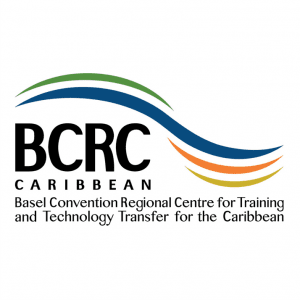




Certain foam concentrates used to extinguish fires – especially AFFF – contain so called fluorosurfactants or PFAS. PFAS are harmful
Understanding foam part 1 The L Curve – Extinguishment times over the application rate from 9 different tests So we
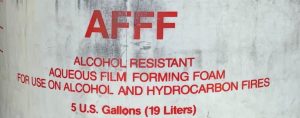
What is AFFF foam? AFFF (Aqueous Film Forming Foam) is a fluorine-containing firefighting foam primarily used to extinguish flammable liquids
Ask fo a free online call for your project.